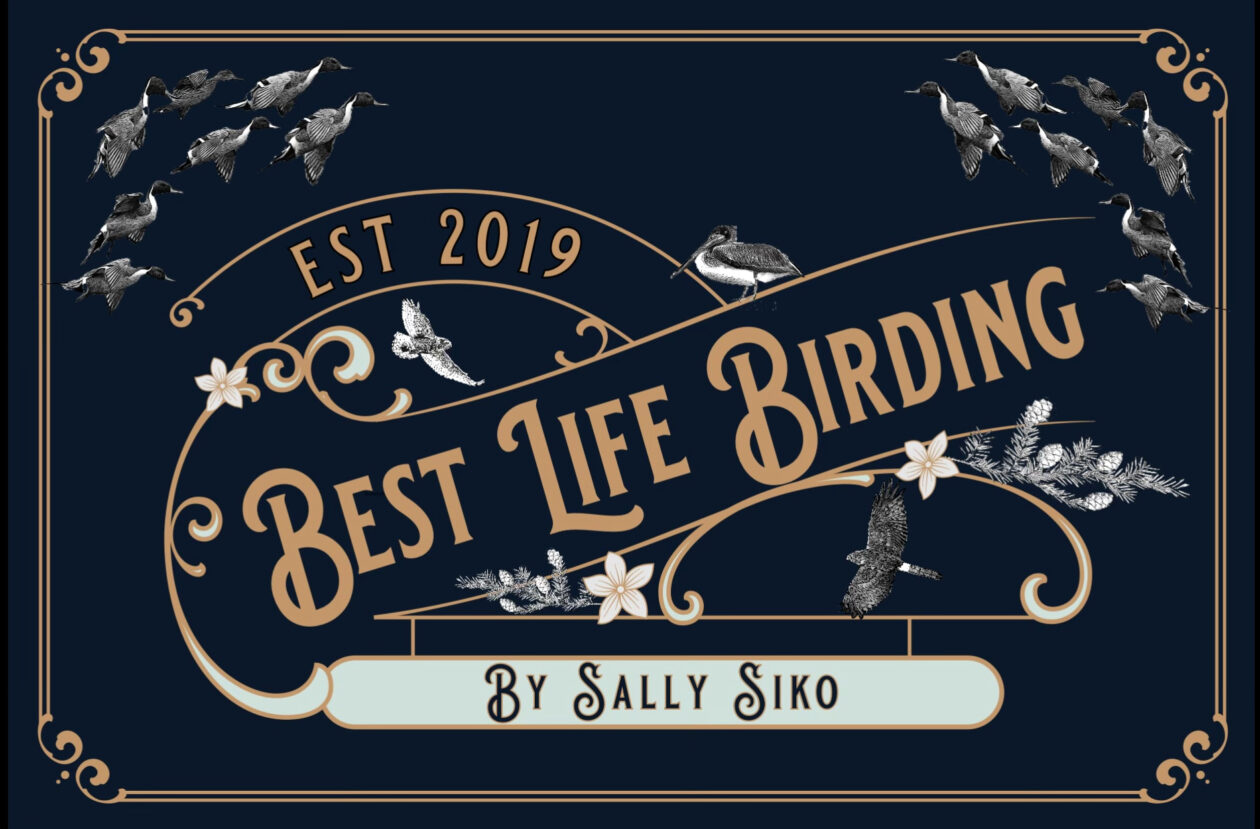By Sally Siko
Yesterday I left my home in Raleigh NC at 2:30am and headed north for a trip to Sky Meadows State Park in Delaplane, VA.
There had been reports that a pair of Trumpeter Swans had been sighted there.
*check out my personal account @sally_siko for a behind the scenes story on this trip
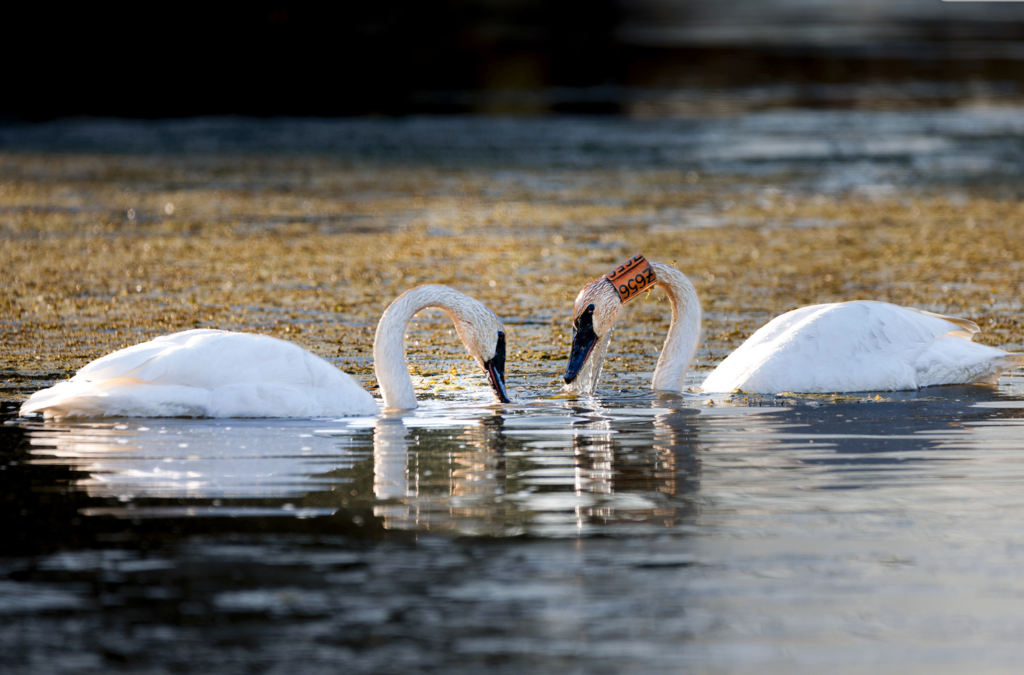
Thankfully when I arrived on sight at 7:30 am, I was able to locate these beauties right away. The surprising thing was that there were 3 swans gliding on the water instead of the 2 which had been previously reported on @ebird
Right away I realized that one of the birds was not a Trumpeter Swan but in fact a lonely Tundra Swan.
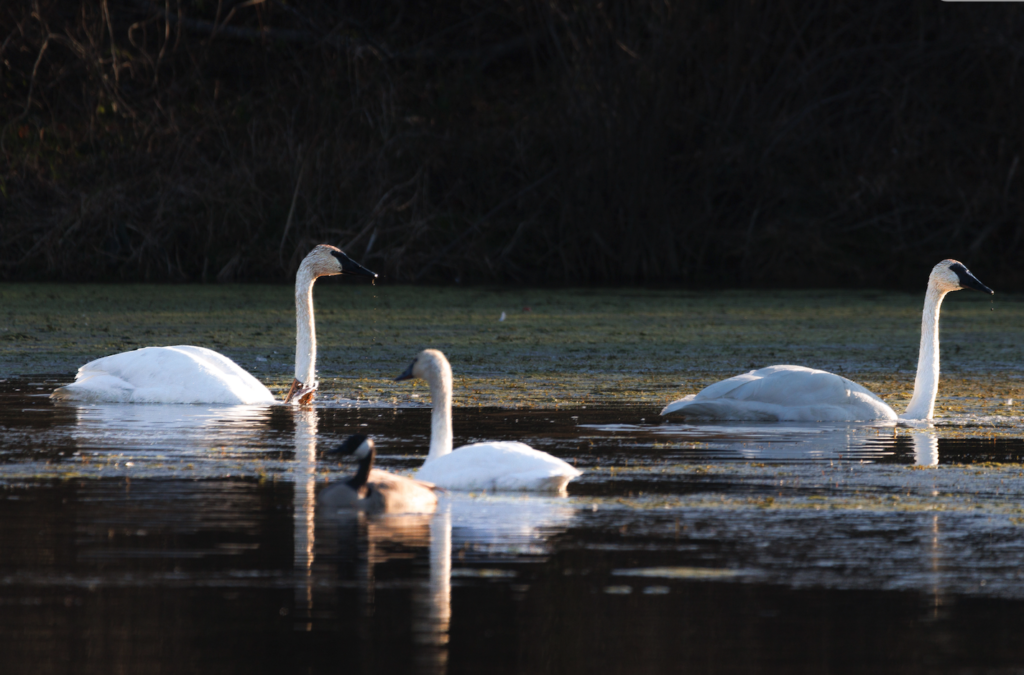
While the Trumpeter’s were quite amicable to my presence, the Tundra was much more wary and kept a good distance from my position on the shoreline.
So cool!
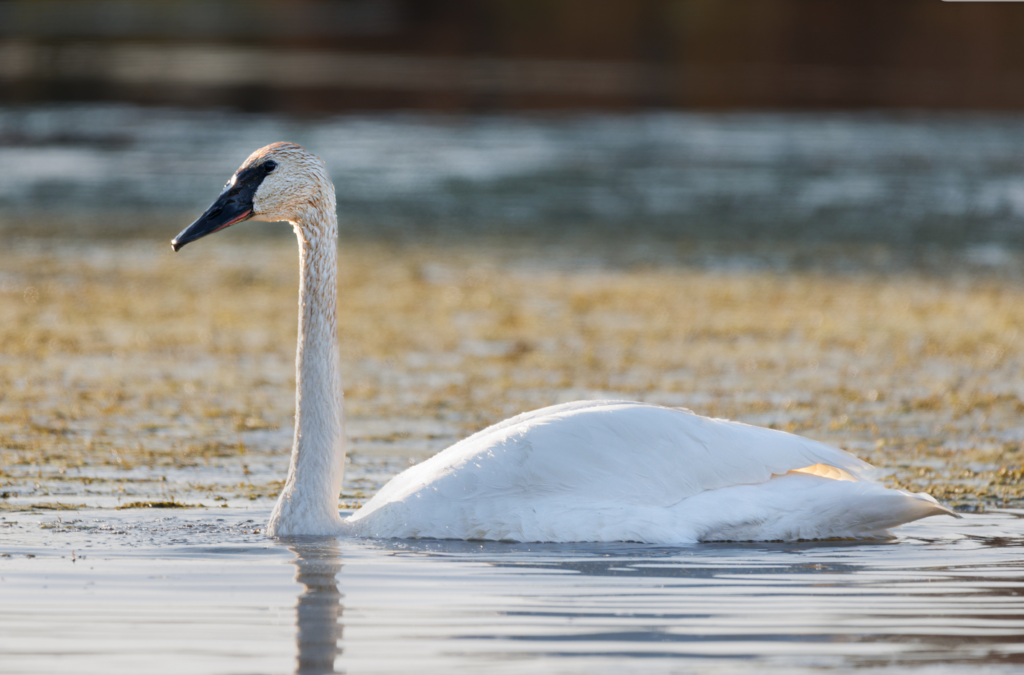
Standing at nearly 4ft tall with a wingspan stretching 5.2ft, and a hefty weight topping 30lbs, Trumpeter Swans are both the largest and heaviest species of waterfowl native to the United States.
It’s pretty easy to see the tremendous size difference shown in these photos between the two Trumpeter’s and the smaller Tundra Swan.
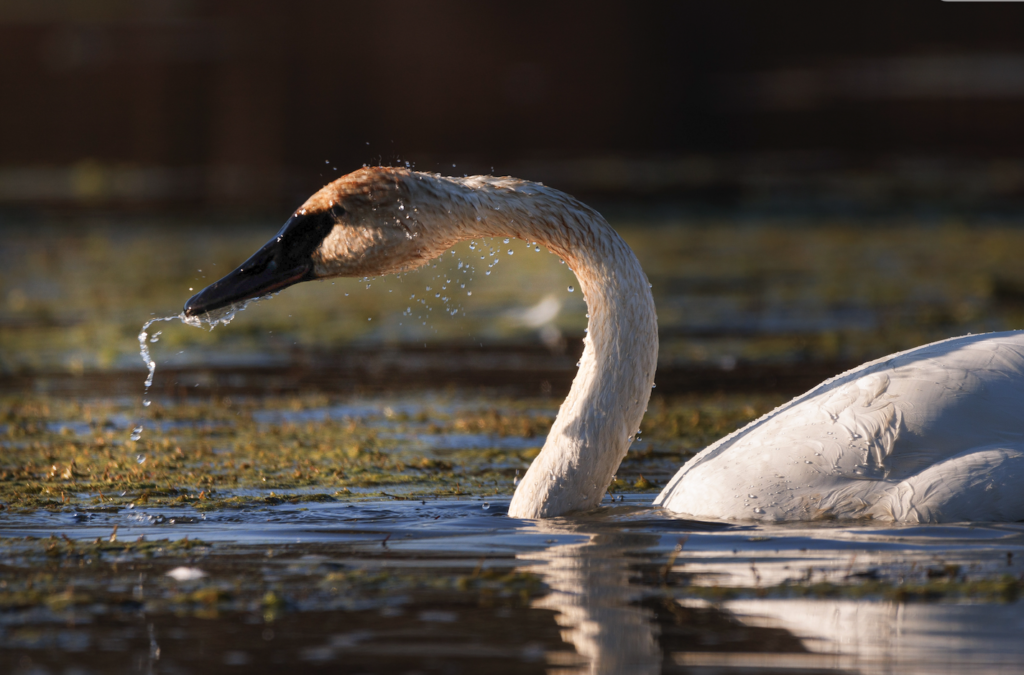
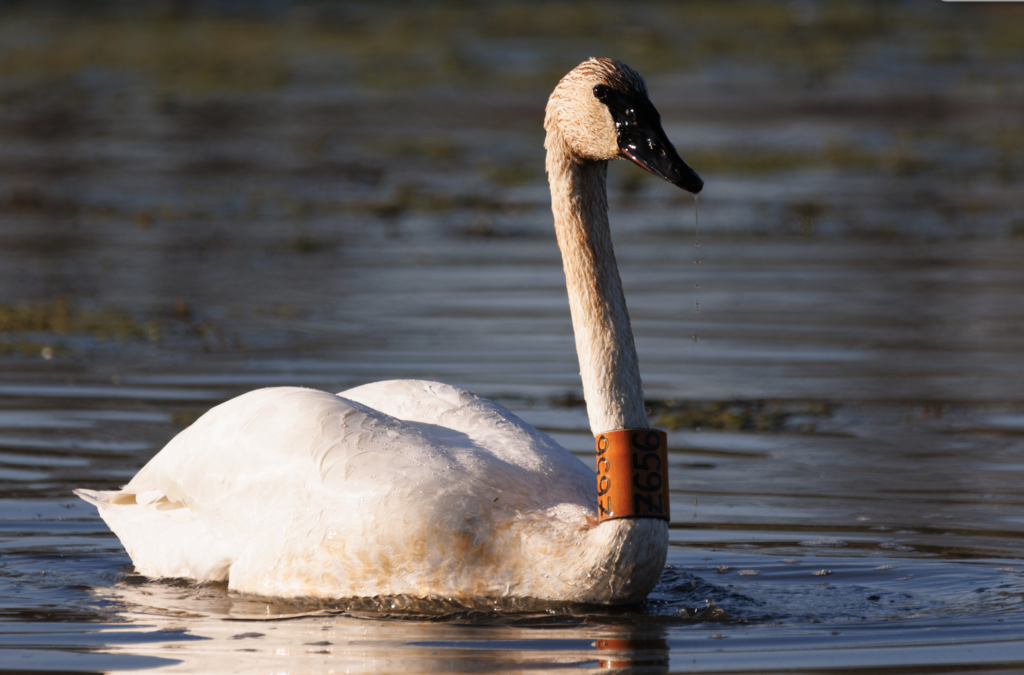
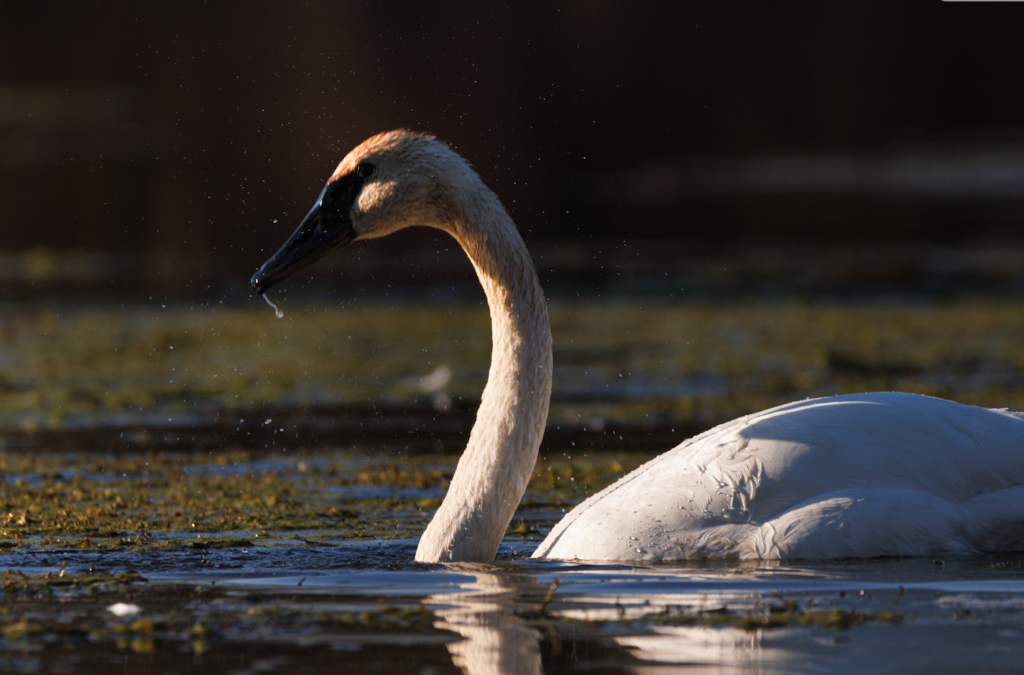
The reason that I was thrilled to see the pair is because although the numbers of this species are increasing (currently estimated at 63,000 birds), Trumpeter Swans are a rarely spotted here in the eastern US.
These elegant birds originally graced wetlands across a broad region of North America from Illinois all the way up into northwest to Alaska.
Unfortunately though, throughout the 17- and 1800s, they were hunted relentlessly for their meat, skins and feathers.
That combined with habitat loss meant that by the 1930s, only 69 Trumpeter Swans remained in the lower 48 states, living in the remote Red Rock Lakes area in southwestern Montana.
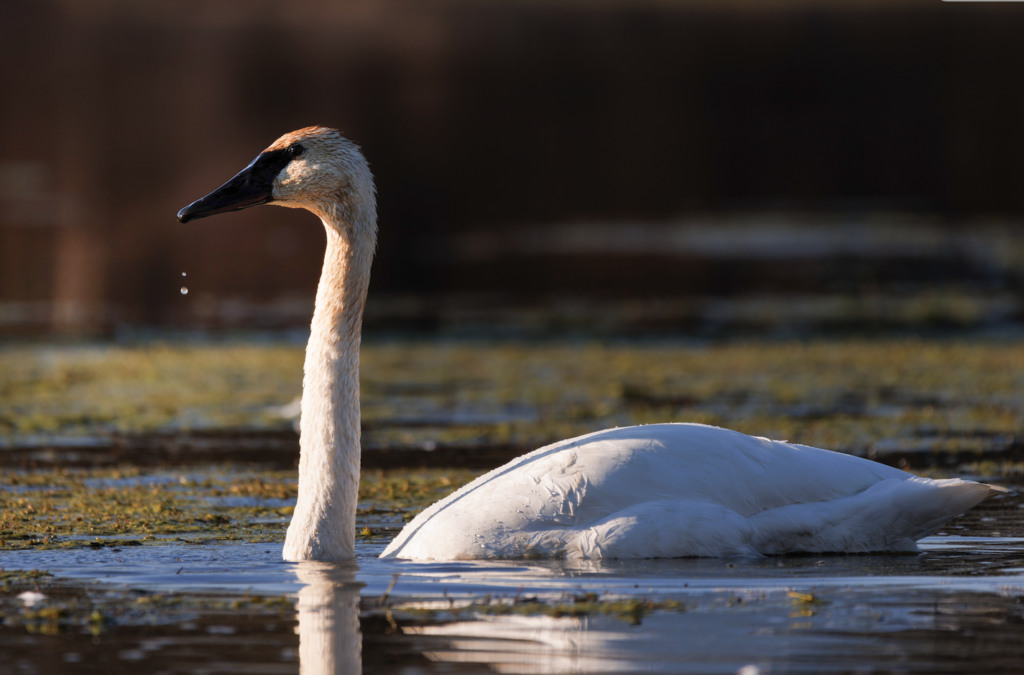
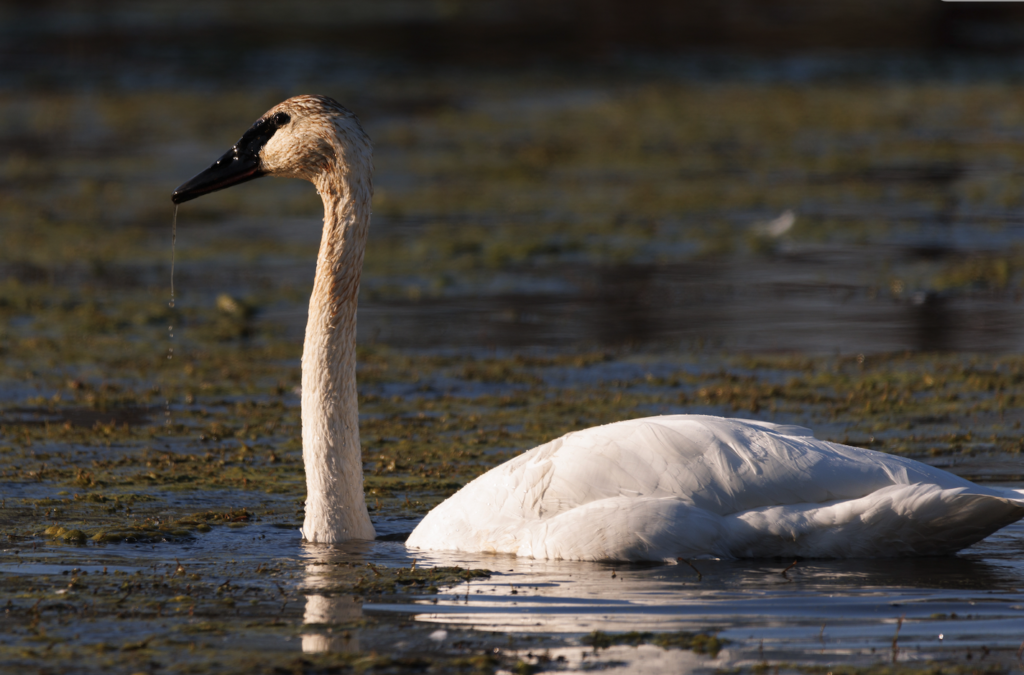
Thanks to modern conservation practices, this species is recovering however their future remains uncertain due to continued habitat loss and lead shot poisoning.
We almost lost them but at least we’ve got a chance to today to ensure the survival of this magnificent bird.
Photos by @sally_siko of @bestlife_birding on my mighty mirrorless monster, the @canonusa #R5
Oh btw- I did report the presence of the neck banded bird to https://www.usgs.gov/labs/bird-banding-laboratory
